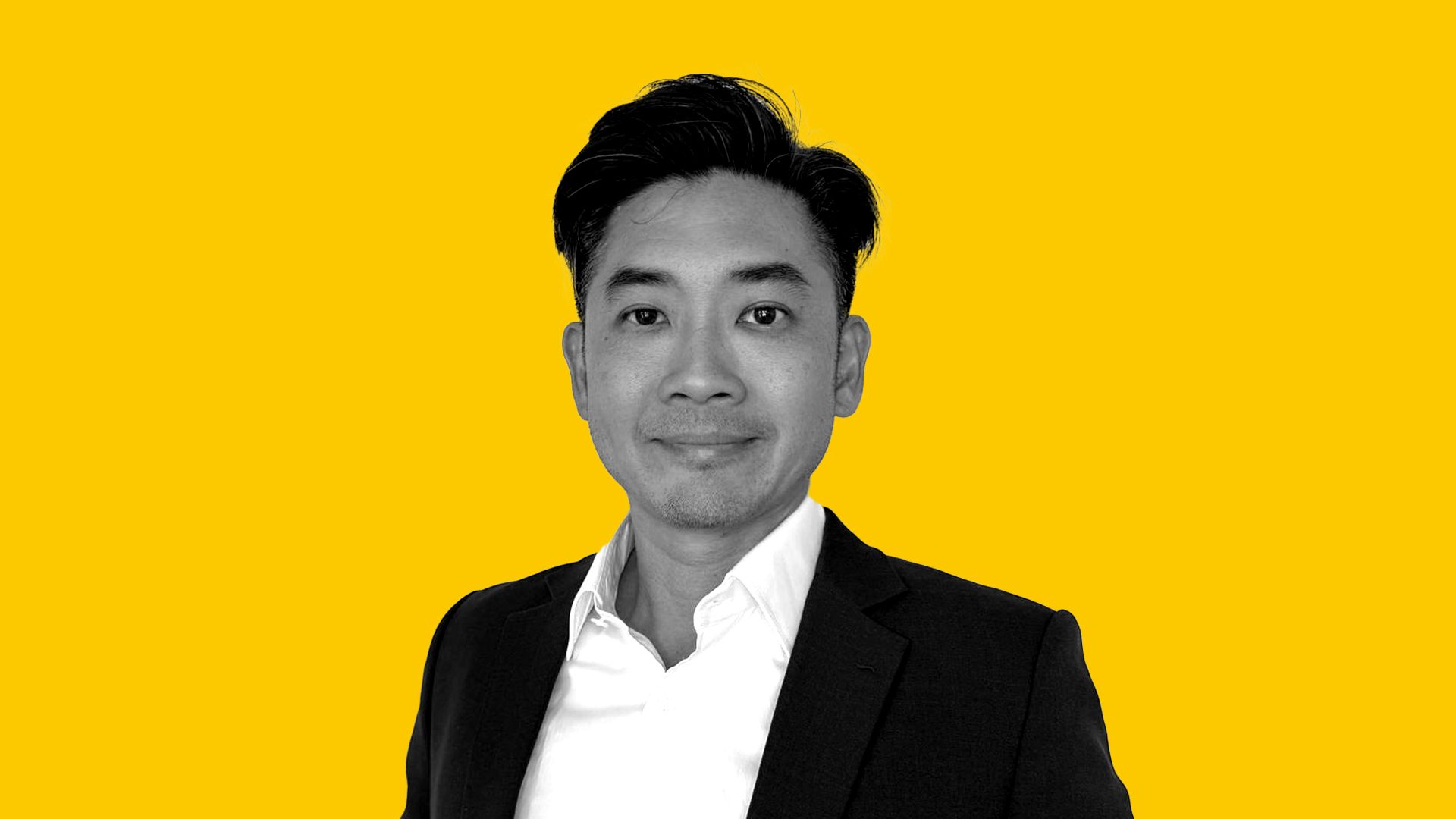
Moonbase Capital is proud to announce its investment in Mission Kay Capital, founded by Kenneth Cheng. A seasoned leader, Kenneth’s journey began with launching one of Australia’s early e-commerce ventures in the 2000s, successfully exiting after 4 years. His career has since spanned global roles at Accenture and BHP (formerly known as Billiton), but a desire to build something of his own led him to the search fund model.
In this edition of Search Fund Squared, Kenneth shares how his entrepreneurial spirit and diverse experience uniquely position him to navigate the opportunities and challenges of introducing search funds to Southeast Asia.
MC: How has your fundraising journey been so far?
Kenneth: I’ll be completely transparent with you. The learning curve was steep, I must’ve stumbled a dozen times in the beginning. I started raising funds in mid-June 2024, and through constant learning, refining and adapting, I’m glad to say that I have successfully raised search capital for Mission Kay Capital.
An example of an initial struggle I had was trying to sell Mission Kay Capital’s vision to regionally-based investors. I typically started my pitch by focusing on selling the traditional search fund model, which didn’t resonate. In this region, investors often get deals for free, so asking them to fund a search didn’t land well.
Success came when I shifted the conversation to the problem of succession planning in family-owned businesses, which resonated a lot more – everyone seemed to know of someone who had a problem with succession. From there, I used data to highlight the model’s potential. Now, I’m thrilled to have built my ideal cap table, which consists of investors from diverse backgrounds, domains and expertise. The collective experience is invaluable and I feel so much more confident in finding a great company with the team I have assembled.
MC: Let’s talk about markets – which ones are you focusing on for your search?
Kenneth: I am focusing on Singapore and Malaysia, with a priority for Singapore initially. These markets are not only where I grew up but also where I’ve built relationships and a deep understanding of the business culture. I grew up amongst entrepreneurs, some of them are on my cap table, and I know the culture (of how business is done) in both markets.
Another reason for choosing these two markets specifically is the access to debt. Albeit harder to come by compared to other markets, but my residency status in both countries gives me some advantage when accessing meaningful debt which can come at a lower cost of capital. I’m leaning in on that and using it to my advantage.
MC: Speaking of debt, how does the availability of acquisition financing look in your target markets?
Kenneth:As previously mentioned, debt financing here is far more limited compared to the U.S., where SBA loans can cover up to 80-90% of an acquisition. Before pursuing this path, I researched the debt landscape and consulted others, including self-funded-searchers who successfully used acquisition financing.
I know of people who have successfully obtained debt from traditional banks for acquisition financing in Singapore, but they tend to have a high dependency on the target’s sector, company’s financial history, and the credibility of the backers (my investors) at the time. In Singapore, private debt is also accessible, but as we all know, they typically come at a higher cost.
MC: Are you sector-focused or agnostic in your search?
Kenneth: I will preface this by saying that I am industry agnostic, but I do gravitate towards a few areas. The first are engineering services companies. In my previous role as Head of International Strategy and subsequently Commercial Director for Southeast Asia, I have had the opportunity to lead Sales and Operational teams to grow the engineering business in various regions, including Singapore and Malaysia. This is a familiar area for me.
Whilst engineering services are very broad, I am excited about companies that provide technical engineering services operating in Southeast Asia. Regardless of which customer segment – as I have been serving customers that operate in diverse sectors and industries like industrial, consumer electronics, automotive and renewables – they look for similar value when buying engineering services, which in broad terms come down to technical knowledge and a consistent experience.
The second one is commercial services, purely because of the simplicity in its business model. I’m talking about security services and corporate safety services. I came from a company that specialized in safety, so safety services (e.g. fire safety) and just general health (e.g. mold removal) and hygiene companies are attractive to me.
MC: How do you see the exit landscape in Malaysia and Singapore?
Kenneth: Singapore and Malaysia are leading M&A activity in the region, with momentum picking up significantly in 2024. While much of the focus is on large-cap deals, there’s a clear correlation with increased activity in the middle and lower-middle markets, driven by financial buyers, private equity, and strategic exits.
Personally, I lean towards a long-term hold strategy. While I recognize the need for a liquidity event to meet fund mandates, I aim to find a company with the potential for a legacy play – one I can hold beyond the typical five-to-seven-year timeline if it’s a high-quality business. Several of my investors are aligned with this approach.
MC: Any final thoughts for other search fund entrepreneurs, especially those looking at emerging markets?
Kenneth: Emerging markets are incredibly dynamic and full of potential, but they also come with unique challenges. One thing I’ve learned is that patience and resilience are key. Fundraising in a new market can feel like pushing against the tide, especially in this climate where Search Fund capital is gravitating back to US and Europe —investors may hesitate, waiting for others to take the first step. But once you build momentum, everything starts to fall into place.
I’d also say it’s critical to lean on your network and not be afraid to ask for help. In emerging markets, credibility matters even more, so having the backing of strategic investors who believe in you can be a game-changer. At the same time, don’t overlook local investors; their market knowledge and connections are often just as valuable as international expertise.
Lastly, don’t let the challenges discourage you. The steep learning curve, the countless “no’s,” and the moments of self-doubt are all part of the process. Focus on the opportunity you’re creating – not just for yourself but for the investors, the businesses, and the people whose lives you’ll impact. That sense of purpose will keep you moving forward.

